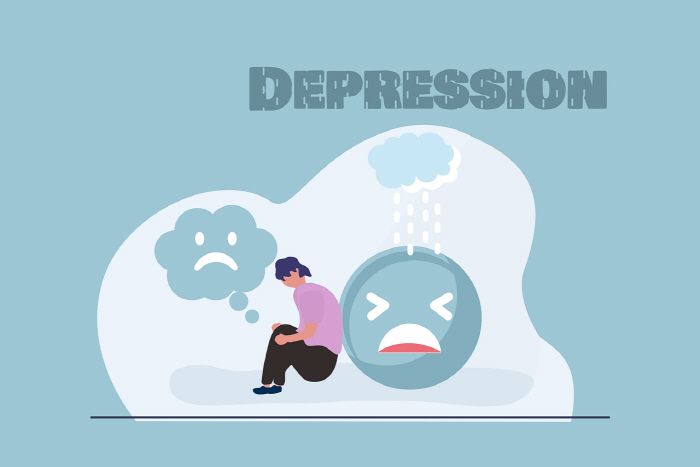Depression Scores Increase During Menopause, Even After Menopause
Aug 27, 2025
|
Before and after menopause, various physical and psychological symptoms appear as the amount of hormones such as estrogen changes, and depression in postmenopausal women is known to be caused by a combination of female hormone reduction, neurobiological changes, and psychosocial factors.
Studies have shown that the risk of depression is higher in groups with vascular motorized menopause symptoms such as facial flushing and sweating, and that negative perceptions of menopause add to psychological symptoms (depression, anxiety, etc.).
In this regard, a study found that 'depression' and 'angry' in middle-aged Korean women increased markedly during menopause.
This is the result of the research team of Sang-won Jeon, Seung-ho Ryu, Chang Yoo-soo, and Dr. Yoon-young Jang at Gangbuk Samsung Hospital of Sungkyunkwan University Medical School published in the recent issue of the international journal `Maturitas' (Maturitas).
The research team analyzed 4,619 women aged 42 to 52 who underwent medical examinations at the hospital between 2014 and 2018 and confirmed these results. After an average follow-up of 6.6 years, we measured ▲ premenopausal ▲ premenopausal transition period ▲ postmenopausal transition period ▲ postmenopausal transition period ▲ 'perceived stress' (perceived stress), an indicator that self-assesses an individual's level of stress in daily life and their ability to cope with stressful situations in four postmenopausal stages.
As a result of the measurement, compared to before menopause, it increased the most during the late menopause and decreased after menopause. Specifically, when the scores of the three areas of tension, depression, and anger were measured, it was observed that depression and anger increased clearly through the transition period of menopause. In the case of the anger score, it was increased later in the transition to menopause Although it decreased somewhat after menopause, the depression score continued to rise after menopause.
Professor Sang-Won Jeon said, "It is necessary to carefully consider that the anger score increased the most during the late menopause and the depression score lasted for a long time."In Korean culture, emotions such as anger, which tend to suppress emotional expression, can lead to physical symptoms, so be careful."," he said.
This article was translated by Naver AI translator.














